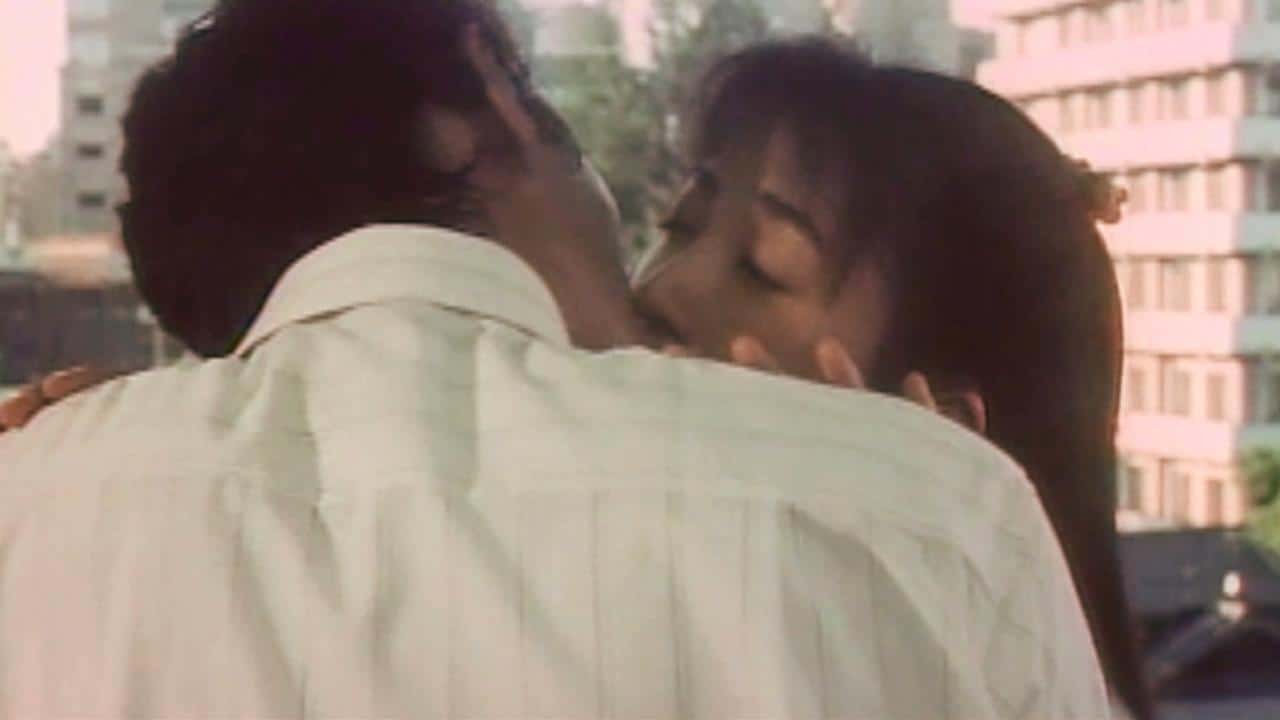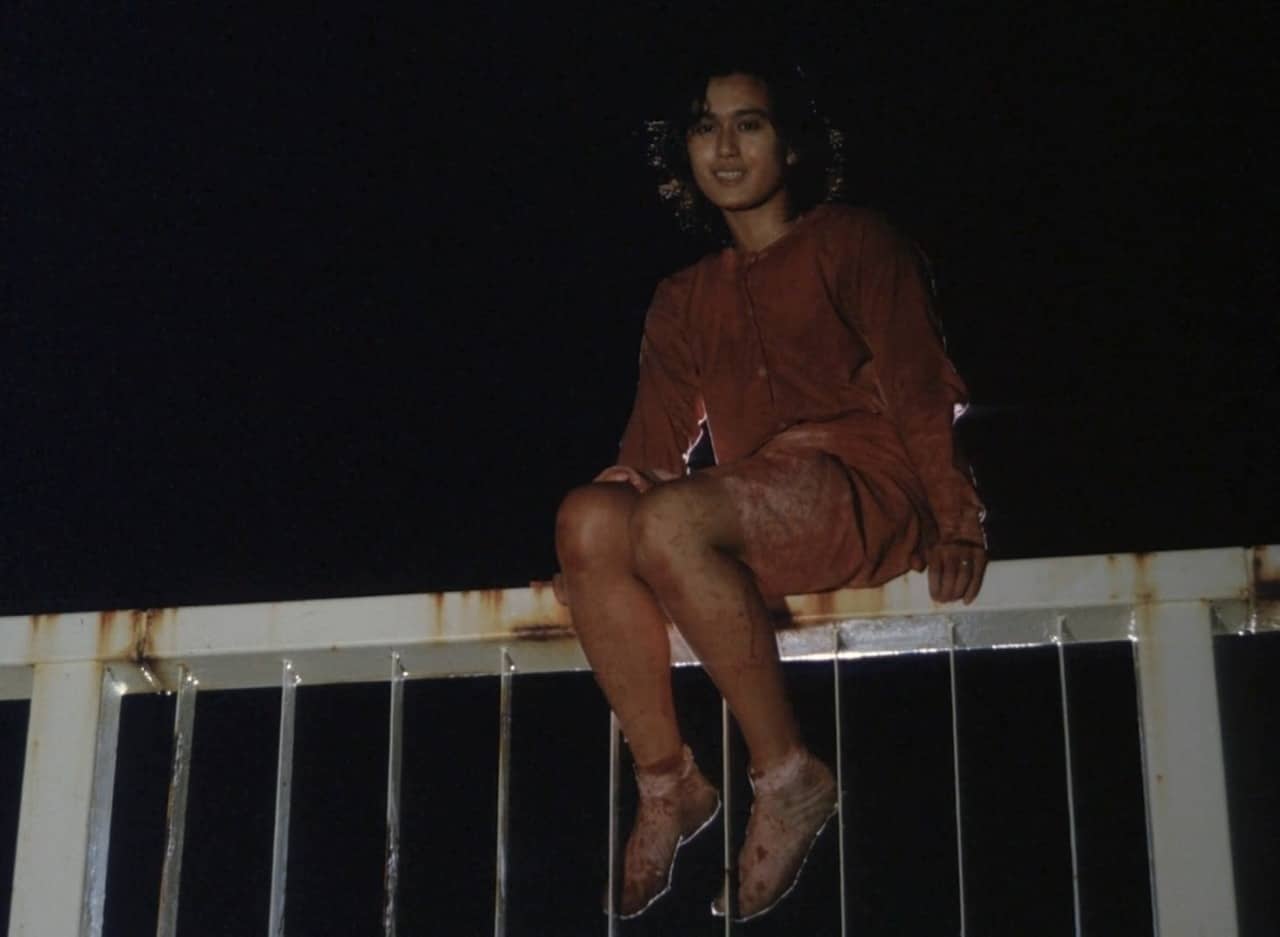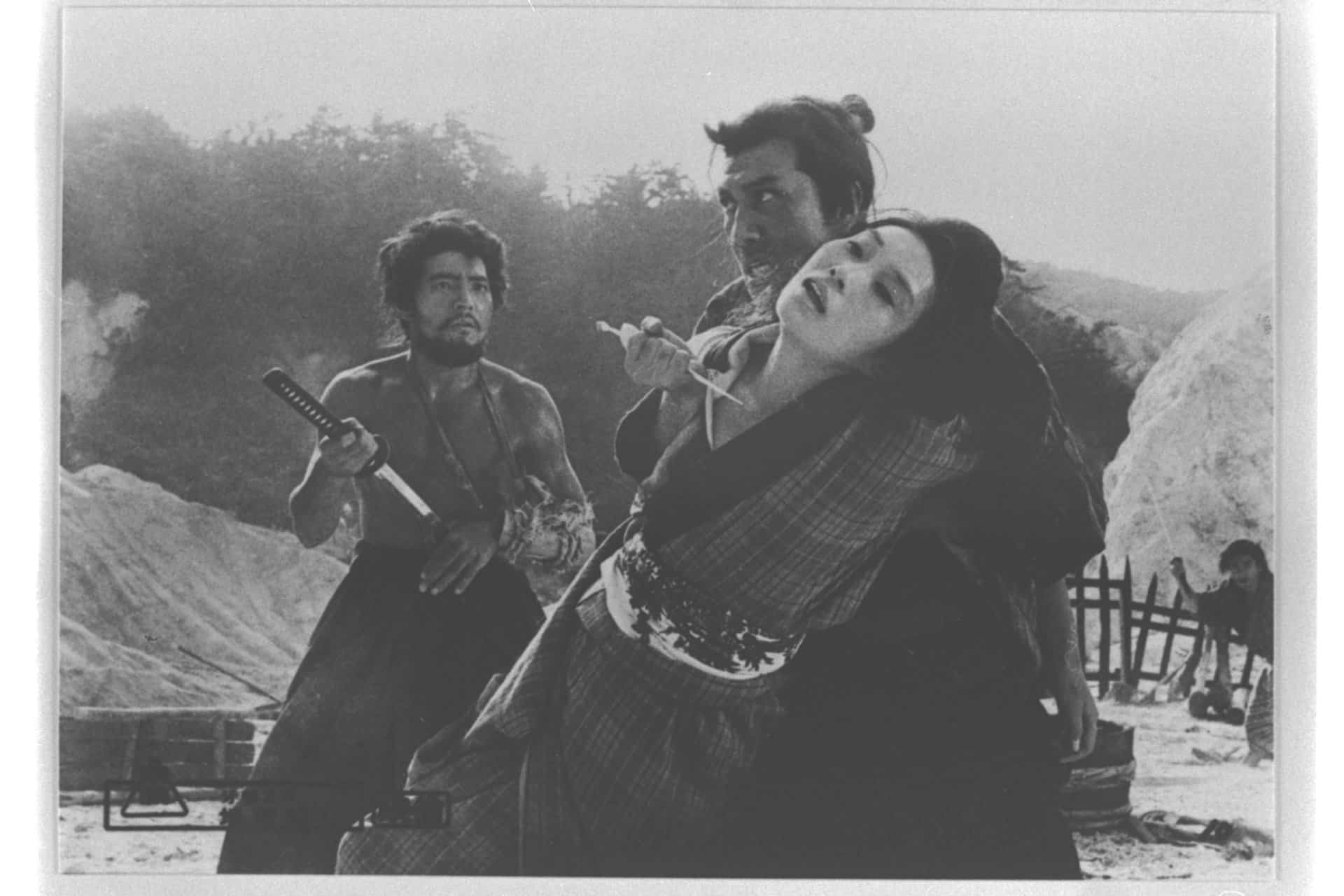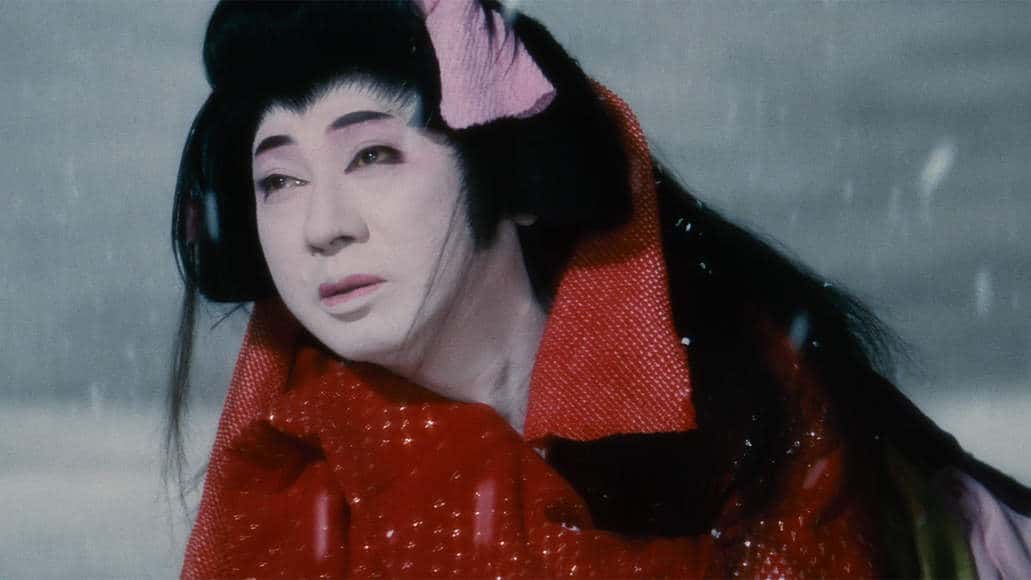Quite frequently among critics and specialists of East Asian cinema, the issue that emerges as the most significant one of the particular industry is the lack of scripts of quality, with Japan frequently mentioned in that regard. Pan Junhua tries to work around this issue, by presenting a movie with a very simple script that includes, though, a number of additional elements that attempt to “mask” this fact. Let us see if he succeeds.
“You Are Still Here After the Rain” is screening at Osaka Asian Film Festival

Erina is a young girl who spends her time on her own in her father's house, as he is working and only returns home late in the evening. She paints, she dreams, she thinks, and also plays in the garden, which is where she meets an old woman who is also her neighbor. Their initial interactions are reluctant, as Erina has been taught not to talk to strangers, but gradually, and through their common loneliness, the two come closer together and even become friends.
Evidently, there is not much in terms of story here, with half of the movie focusing on Erina's routine and the other half on how her meeting with the older lady affects her, as they also move outside the house. In order to avoid having a truly mundane movie, Pan Junhua has included three elements in his narrative. The first and most visually impressive one are Erina's drawings, which manage to look both childish and intricate at the same time. In that fashion, the concept of art is also introduced into the movie, with the gallery close to the end adding more to this factor.
The second is the concept of loneliness, which seems to be experienced by all three protagonists, although in different terms. Erina experiences it because she has to stay in her house everyday, rarely interacting with her father, who comes home late most days, which, in its turn, adds to his loneliness. The older lady, because the people around her have either died or abandoned her, with her type of solitude actually being the most bitter one, as it is largely involuntary. At the same time, how her interaction with Erina helps her in that regard, can be perceived as a solution, even though its presentation here is somewhat idyllic.
Lastly, Junhua also introduces a slight tour-guide element in the last part of the movie, which highlights the beauties of the seaside area, which is appealingly captured by DP Shen Ziyi's camera. Apart from this aspect, however, the cinematography here is too bright, particularly in the scenes in the garden, which become annoying after a fashion.
Furthermore, and although Kurumi Shimizu as Erina emits her charisma, the acting is not exactly on a high level, something that definitely affects a film that is mostly based on dialogue and monologue. The editing expectedly results in a slow burning tempo, but the movie repeatedly looks as if it was stretched in order to become a feature (mid-length if you prefer, at 60 minutes). Lastly, Christopher Lan's music adds to the sense of idyllicism that surrounds the narrative, without standing particularly out.
There is nothing particularly wrong with “You Are Still Here After the Rain”, but there is nothing particularly special either, maybe with the exception of the paintings and Shimuzu's presence. As such, and considering the lack of a story, the movie ends up one of those that would look much better as a short than a feature.
















